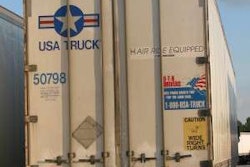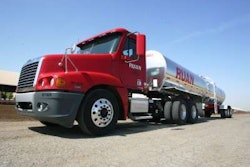British Columbia and the California Air Resources Board on Friday, Dec. 18, announced they have signed a memorandum of understanding (MOU) to pave the way for stringent greenhouse gas emissions standards for new light-duty vehicles. Environment Minister Barry Penner and John Yap, Minister of State for Climate Action, joined James N. Goldstene, CARB executive officer, to acknowledge the agreement.
“This agreement demonstrates the strong partnership we have established with the State of California and California Air Resources Board,” Penner says. “In the face of uncertainty at international and national levels, we’ve been working across borders and uniting in action as a province and a state to reduce greenhouse gas emissions and mitigate climate change.”
The MOU commits the Ministry of Environment and CARB to move forward in partnership in the implementation of greenhouse gas emissions standards for light-duty trucks, SUVs and new cars. Vehicle emissions standards mirroring California’s are projected to reduce greenhouse gas emissions from light-duty vehicles in British Columbia by 30 percent in 2016, relative to current vehicles.
“This international co-operation agreement extends the reach and effectiveness of our programs beyond California’s borders,” says Mary D. Nichols, CARB chairman. “This will provide even greater market for the automobile industry to provide the clean and efficient vehicles that consumers are demanding.”
Both parties to the agreement will share information and resources to support consistent application of vehicle emissions standards to vehicle models available in California and British Columbia. This will include co-operation on vehicle test data and the determination of greenhouse gas emissions associated with each light-duty passenger vehicle included in a manufacturer’s vehicle fleet.
“We look forward to strengthening our working relationship with British Columbia to develop comprehensive greenhouse gas standards for vehicles,” Goldstene says. “This international partnership will extend from policy development to close co-operation between our respective staffs on all aspects of testing and research.”
“When it comes to taking action to reduce emissions from the transportation sector, we couldn’t ask for a better partner or mentor than the California Air Resources Board,” Yap ays. “We’re very grateful for the support, and under this MOU we aspire to bring the board’s high standards for vehicle emissions to B.C. and all of Canada.”












